October 30, 2009
|
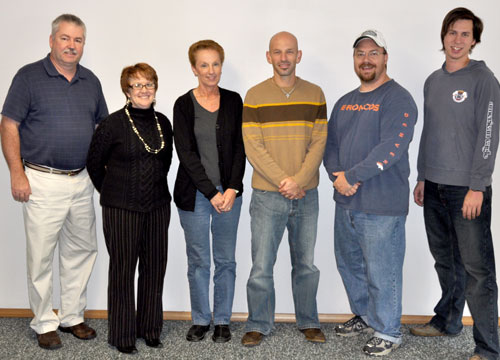
L-r: Bishop Phil Whipple, Cathy Reich (administrative assistant to the bishop and a member of The Well), Kim Chapman (office manager), Josh Kesler (senior pastor), Kevin Whitacre (Pastor of Youth and Pastoral Visitation), and Drew Wutke (Pastor of Worship and Creative Arts).
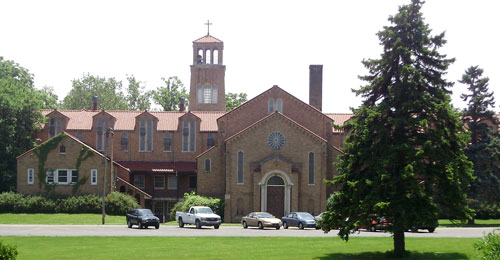
The Good Shepherd building.
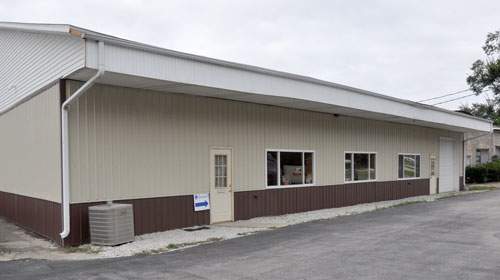
The office of The Well.
Good Shepherd UB church of Huntington, Ind., has been undergoing major, major changes.
Last spring, they decided to sell their large property–a former monastery on a large tract of land–and meet in temporary facilities. August 16 was their final service in the building they had occupied for nearly 30 years.
They met for a few weeks in temporary facilities. Then, on September 13, they began meeting at Flint Springs Elementary School in Huntington. They plan to remain there for at least a year.
On that day, The Well was officially established. That’s the name of the church now. Good Shepherd UB church has effectively closed, and The Well has begun.
The office staff moved into quarters on Old US 24 on the east side of Huntington. A large open area can be used for youth meetings, music practice, and other things (since they have access to the school only on Sunday).
They have a buyer for the property, but the sale isn’t finalized. Nothing’s final until it’s final.
Josh Kesler has been the senior pastor since July 2008.
This congregation started in the 1950s under the name Grayston Avenue UB church, which reflected its location. When they bought the monastery, they changed the name to Good Shepherd.
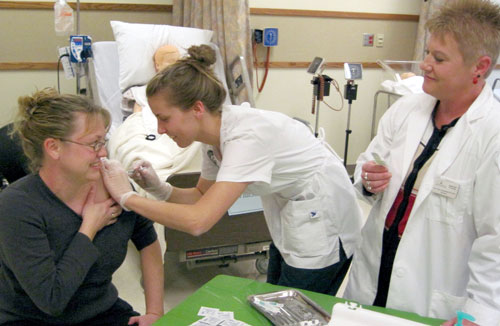

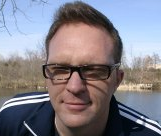




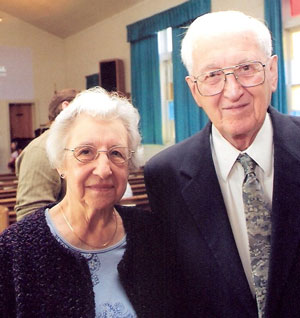 Robert Gibbs passed away Sunday night, October 18, 2009, at the age of 87. During World War 2, he served in China with the Signal Corp. He went on to become a United Brethren pastor, and was ordained in 1954. He served UB churches in Michigan, and also worked as an electrical engineer.
Robert Gibbs passed away Sunday night, October 18, 2009, at the age of 87. During World War 2, he served in China with the Signal Corp. He went on to become a United Brethren pastor, and was ordained in 1954. He served UB churches in Michigan, and also worked as an electrical engineer.